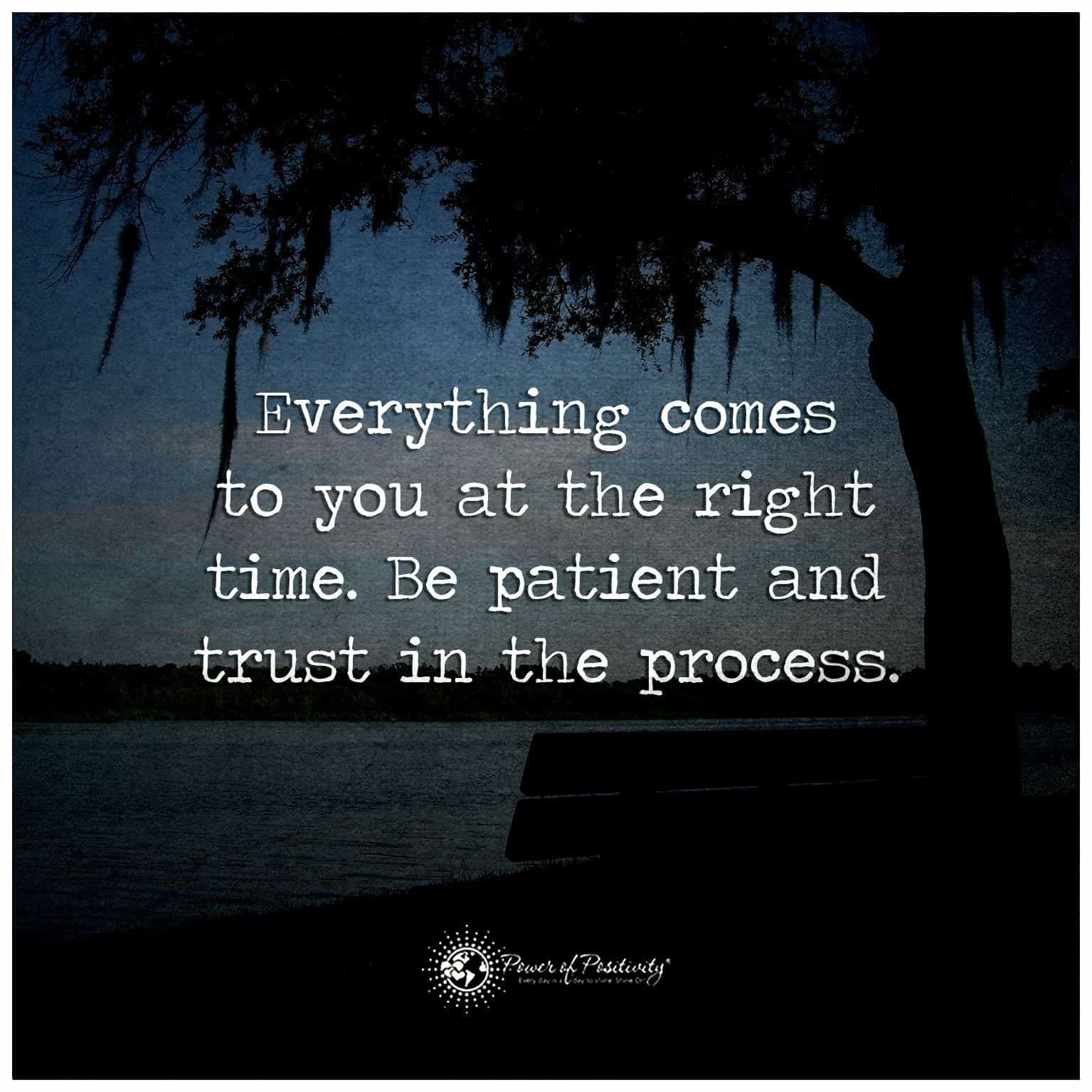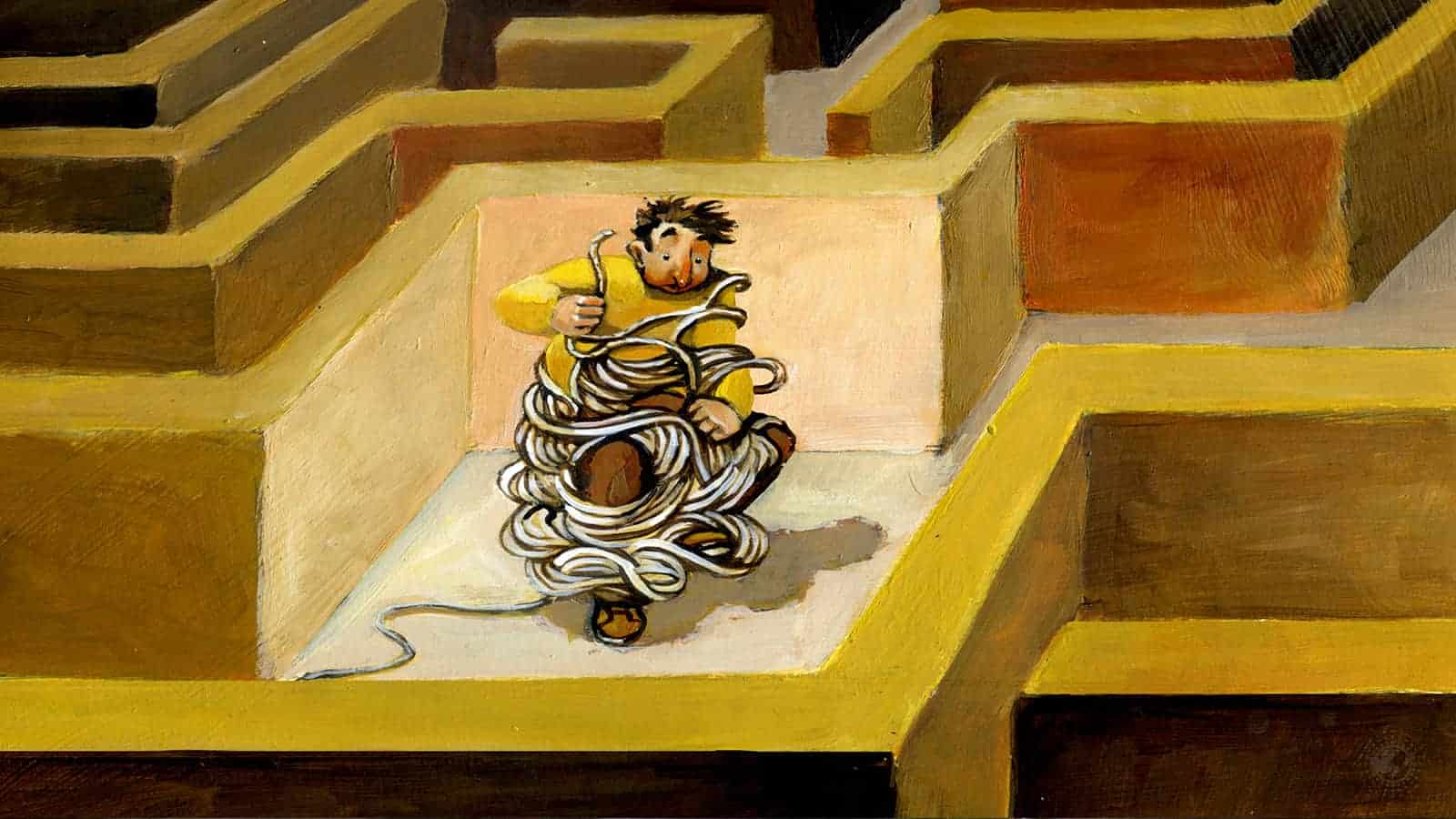Failure is not popular. It’s avoided at all costs and seen as the worse possible thing that could happen. But, believe it or not, failure does have some virtue. It’s a great teacher whose lessons can change lives. You may wonder how it’s possible to learn from what feels like defeat, but it’s possible. Check out these 10 things therapists say you can learn from your past mistakes.
Maya Angelou, an accomplished and well-known poet, said this:
“You may encounter many defeats, but you must not be defeated. In fact, it may be necessary to encounter the defeats, so you can know who you are, what you can rise from, how you can still come out of it.”
10 Lessons Learned from Your Past Failures
 1 – Your past failure can lead to success…eventually
1 – Your past failure can lead to success…eventually
You may have heard the story about Thomas Edison. He failed 1,000 times before he made the first light bulb. Edison is famous for saying, “Many of life’s failures are people who did not realize how close they were to success when they gave up.” This outcome is a common experience.
Here’s a list of some of the most well-known people whose many attempts at starting over eventually led them to success.
- Walt Disney
- Sir James Dyson
- Robert Goddard
- Henry Ford
- Stephen Jobs
- Albert Einstein
- Steven Spielberg
- JK Rowling
- Jerry Seinfeld
You never know if your current failure could lead to tomorrow’s successes. So, learn valuable lessons from poor outcomes and keep going.
2 – Your past failure is often part of the process
Problems, missteps, and difficulties go hand in hand when you’re working toward a goal. According to studies, every failure changes your perspective and helps you change course when necessary. Many times, when you’re attempting to do something, it’s simply trial and error, and failure can be the key to open a new door for you to walk through.
3 – Past failure needs to be taught
If you watch professional football, you’ll see the players fall over and over again. It’s the competitive part of the game, and the coaches are constantly reminding their players how to fall but get back up, avoid injury, and improve their skills. One study found that teaching kids to fail actually builds their confidence and helps them to grow up to be resilient adults. If you haven’t learned how to fail and get back up again, you won’t try new things. You’ll be paralyzed, worried about failing so much that you refuse to step out and take a risk. Life is messy, but don’t be afraid to deal with the messiness of failure.
4 – Past failures teach you that imperfection is okay
Social media applauds perfection. It makes you feel like you are inferior if your home, face, and kids aren’t perfect. It teaches you to feel frustrated at imperfection even though you know deep inside that real life isn’t perfect. Failure teaches you that life isn’t all neat and tidy like social media portrays. When you learn how to tolerate your imperfections, you feel at peace. You learn that sometimes there’s nothing you can do about your failures but accept them and keep moving.
5 – Failure helps you parent
Failure is a common experience. When you experience failure, such as losing your job, how you handle it speaks volumes to your kids. As they observe you deal with your failures, they’ll learn that sometimes life doesn’t always work out the way you want. Protecting your kids from disappointment hurts their ability to grow resilient and know how to tolerate failure. Use your failures to model how not to give up.
Allow your kids to try new things. Let them fail sometimes. It’s hard to watch as a parent, but it’s an important lesson for your kids to grow into mentally strong, independent adults.
6 – Failures teach you to be flexible
Hopefully, once you’ve failed at something, you won’t try to do the same thing in the same way. You must learn to adapt, to be flexible, to adjust where needed. It should help you understand that there are many ways to accomplish your goal. Being flexible means, you can adapt and change your ways.
Sometimes you need to throw out the old ways and start over, and that’s okay. Without flexibility, you won’t learn, and you won’t try new things in new ways.
7 – Every failure reveals your character
Failing stinks. It’s a humbling experience and a great revealer of human character. Your true self comes out when stuff goes wrong. If you get angry, bitter, and blame everyone else for your own failures, you’re showing the world who you really are. Failure can also reveal humility. You suddenly understand what it feels like to fail, so you’re more empathetic towards friends or family who has experienced defeat.
If you want to get to know someone, don’t look at how they handled successes and how they handled failure.
 8 – Failure brings focus
8 – Failure brings focus
Failure can be discouraging. Once the smoke clears and your emotions settle down, the outcome can help you refocus. Perhaps your dream job wasn’t a dream, after all. You had to quit, or you got to let go. This forces you to choose a new path to focus on what you really want to do. Many people start in one career only to realize they hate it, so they venture off into another one that they love.
So try not to feel devastated by your failures. Think of them as stepping stones to something else. Let the failure reignite an old passion. Perhaps you’ve always wanted to go back to school. Maybe the failure at work is the opportunity you needed to pursue a degree.
9 – Failure teaches you to try other paths
Failure can look like a detour, but in fact, failure may be guiding you down an entirely new road. You learn that there are several ways to achieve the same goal. One way failed, but there are several more approaches to try. Failure enhances your curiosity and creativity to try new ideas and ways that, in the past, you just hadn’t even considered.
10 – People don’t care about your failure
When you fail, you may worry about what others will think of you. In reality, most people don’t care about your failures. They know and love you for who you are, not what you can or can’t achieve. It’s embarrassing to mess up, but for the most part, people are typically very understanding because they’ve been there. They aren’t as concerned about your failures because they’re dealing with their own life. So, relax, and fail. It’s okay because those who are your true friends will always love you no matter how many failures or successes you have in your life.
Four tips to help you bounce back from past failures
Even though you understand and agree that failure teaches you many things, it may still be hard to bounce back from it. Here are some tried-and-true suggestions to help you overcome past failures and look ahead.
1 – Study what you learned from past outcomes
Step back and glean all you can from your failure. Ask yourself some questions such as,
“What did I learn about myself? What did I learn about my goal? Was there a blessing in the midst of the mess?
As you squeeze every drop of understanding out of your failure, you gain better insight into your gifts, talents, and capacity. You get a fresh vision and hope for the future. Failure isn’t fun, but it can make you more fruitful. Please don’t waste your failure. Get as much out of it as you can.
2 – Get input from someone trustworthy
Ask a trusted co-worker, friend, or family member for input. Be sure these people really know you, and you feel comfortable hearing what they have to say. Ask them for constructive criticism regarding the failure. Were they surprised? What did they think about your motives? Ask for their advice on how to proceed forward. You don’t need to follow their suggestions, but it’s worth getting their thoughts.
3 – Do something about it
When you’ve figured out what you’ve learned from a past mistake, do something. Ask yourself
“How can I use what I’ve learned from failure and take a step forward? What would I love to do now?”
Whatever you do, don’t stop moving. Don’t give up. Do something, move forward. Use your gifts and talents to the best of your ability.
4 – Don’t lose your hope
Failure can be devastating, especially if you’ve worked on something for years, and you cannot get it just right. It’s hard to pick up the pieces and start over, but you can do it. Never lose hope. There’s always something for you to do, a purpose for you to accomplish. Life is full of successes and failures. Let your blunders guide you into new horizons.
 Final thoughts on learning from past failures
Final thoughts on learning from past failures
Failure is never fun, but it can be a good tutor for those who care to learn. It reveals true character, refocuses your goals, and helps you become more empathetic to other people who fail. Every life experience is a learning experience, so let falling down from time to time be your teacher. Learn and then bounce back from your failures with fresh vision and new goals. Never give up. Remember that you’re more than your failures or your successes.

















